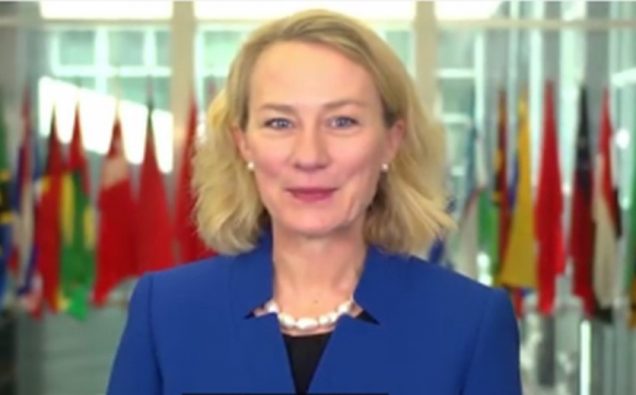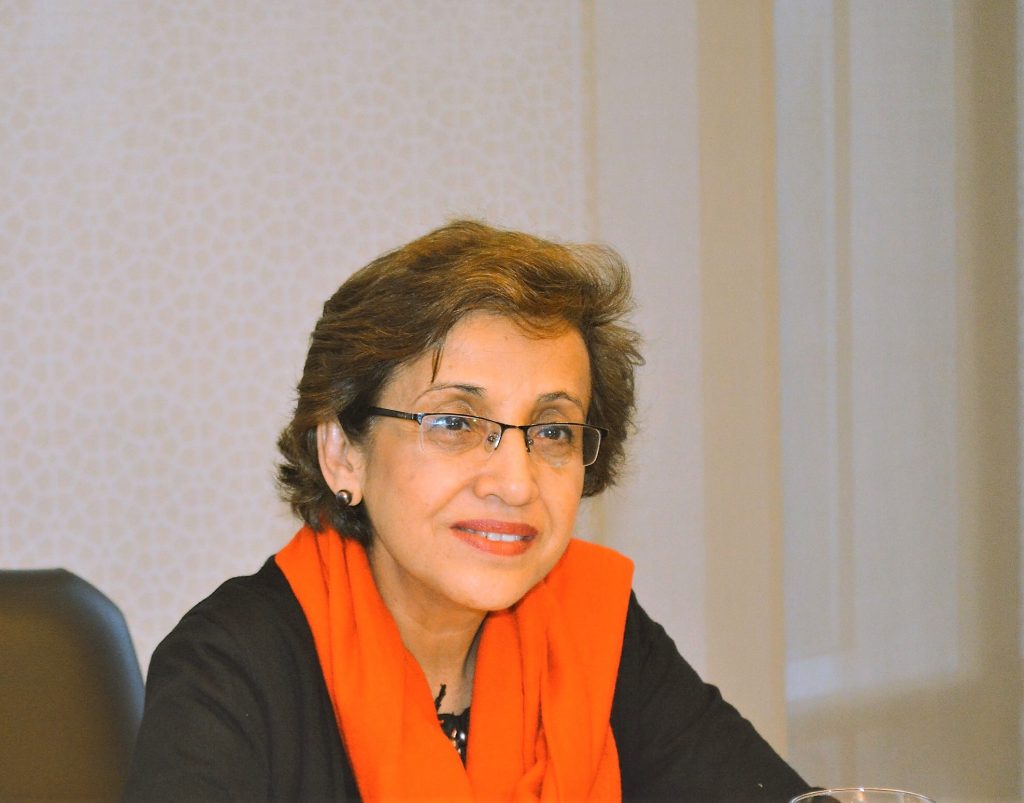
After weeks of tough diplomacy between the United States and Pakistan, a series of American statements and actions this week show Washington is being receptive to Pakistan’s security concerns vis-a-vis Afghanistan.
In Afghanistan, the U.S. reportedly carried out a drone strike against a bunch of anti-Pakistan TTP militants in Kunar province. Pakistan has for long voiced deep concern over the TTP militants hiding in Afghanistan, from where they plan and perpetrate attacks in Pakistan. The drone strike has reportedly eliminated more than 20 militants including some TTP leaders.
In Washington, senior diplomats said the United States is conscious of its South Asian ally’s legitimate grievances.
These two developments coincide with top Pakistani career diplomat Tehmina Janjua’s visit to Washington. Foreign Secretary Janjua’s visit follows U.S.-Pakistan parleys in Islamabad with Lisa Curtis, senior director for South and Central Asia at the White House National Security Council.
“We’re certainly not walking away from Pakistan. There will be very intensive dialogue through both our military and our civilian channels to discuss how we can work together,” Principal Deputy Assistant Secretary of State for South and Central Asia Alice Wells said.
“Pakistan has an important role to play in helping to stabilize Afghanistan,” Ms. Wells said.
For its part, Pakistan is understood to have played an important role in pushing Afghan peace talks.
The relations between the two countries deteriorated sharply when President Donald Trump accused Pakistan of harboring Afghan Taliban and Haqqani network leaders. The Trump Administration also froze security assistance for Pakistan in January this year.
Islamabad strongly rejected the accusations but avoided taking any retaliatory step, instead urging a diplomatic way out of new tensions.
In a Worldwide Threat Assessment, the United States also acknowledged effectiveness of Pakistani counterterrorism efforts on its territory including areas along the Afghan border.
“These efforts have had some success in reducing violence from militant, sectarian, terrorist, and separatist groups, but Pakistan will look to the United States and the Afghan government for support against anti-Pakistan fighters in Afghanistan,” the Defense Intelligence Agency noted in a report submitted to the US Senate’s Armed Services Committee.
Meanwhile, on the first day of her visit to Washington, Foreign Secretary Janjua Tuesday said Pakistan remains “strongly committed to eradicating terrorism in all its forms and manifestations from its soil.” She told a group of American journalists that Pakistan and the United States have been successful partners in fighting terrorism and eliminating al-Qaeda.
The cooperation between the United States and Pakistan, the two countries with the highest stakes in a peaceful outcome of the Afghan war, is considered critical to the future of Afghanistan.
The talks in Islamabad and Washington appear to be part of an effort to rebuild trust between the two allies, which eroded with repeated ups and downs in the ties over Afghan war issues.

















